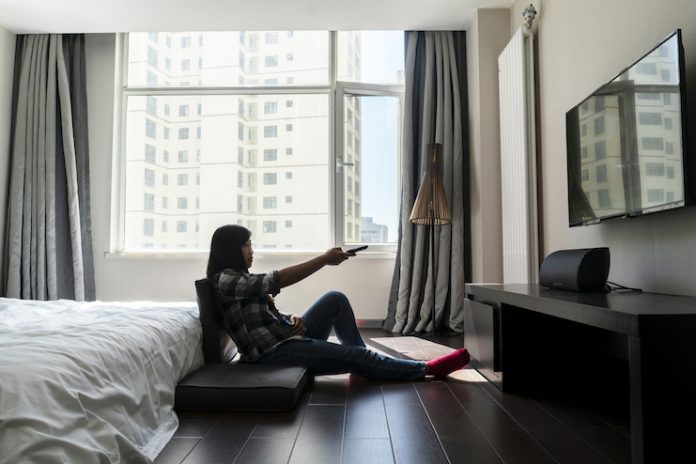One week ahead of the long-awaited Memorial Day weekend, U.S. soft brand hotels reached the 50 percent occupancy mark for the first time since March 2020. For soft brands, which are collections of unique properties owned by a major parent company but lauded for individuality and local flair, the new, pandemic-era occupancy record may have marked a turning point in performance.
An animal of a different sort
Soft brands remain a relatively new phenomenon in the hotel industry, with the first collection hitting the market in 2008. The concept quickly caught on, however, and by April 2021, 18 soft brands representing more than 99,000 rooms operated in the United States.
Soft brand supply has grown well above the national average over the last 13 years as a unique, middle-ground offering to existing hotels and developers. Properties retained their originality and often operated under a separate set of brand standards, and in turn, received access to massive, parent company-backed distribution networks.
As a result, soft branded hotels recorded performance as unique as their design, with lower occupancy and higher average daily rate (ADR) than hard branded hotels both leading up to and during the COVID-19 pandemic.
Despite differing strategies, revenue per available room (RevPAR) between the types of chains is nearly equal, with soft brands averaging RevPAR that is $3 higher than hard brands in 2019 and 2020. Over the past four months, however, the gap in soft and hard brand RevPAR has doubled, with the former averaging RevPAR $6 higher than the latter, largely due to pandemic-induced shifts in traveler mix.
Pandemic-era pricing power
While soft brand occupancy has remained below hard brand occupancy levels over the course of the pandemic, soft brands have had no problem recovering rates nearly to normal, and correspondingly increasing the gap in RevPAR between the segments.
Soft brands draw pricing power from their primary demand segment: leisure travelers. While business transient and corporate group demand have not returned in force, leisure travelers have flooded roads and airports in increasing numbers since mid-March. Soft brand hotels, which are smaller and more leisure-driven than hard-branded chains of similar scale, have capitalized on the influx of demand and pushed rates nearly to 2019 levels.
Land of leisure
A focus on the leisure traveler has helped soft brands to recoup more than just rates in 2021. Group demand is not expected to flourish until the third quarter of the year, but soft brands are already pacing well in the race to group recovery.
Pre-pandemic, group demand at soft branded properties accounted for a smaller overall share of total demand than group demand at hard brand hotels, which has positioned soft brands to reach 2019 group demand levels faster than hard brands.
It’s not only a lighter reliance on groups that are helping soft brands build group demand faster—their smaller size and individualistic design make soft brands ideal for small-scale, leisure-driven group events like weddings. While corporate conferences and conventions are unlikely to resume until fall, social groups have started to return across the country as restrictions are lifted.
Conclusion
While soft branded hotels did not escape the COVID-19 pandemic unscathed, their attributes and business model have helped propel their recovery ahead of hard brands. With leisure travelers expected to drive recovery through the first half and into the second half of the year, soft brands should anticipate a strong summer.











